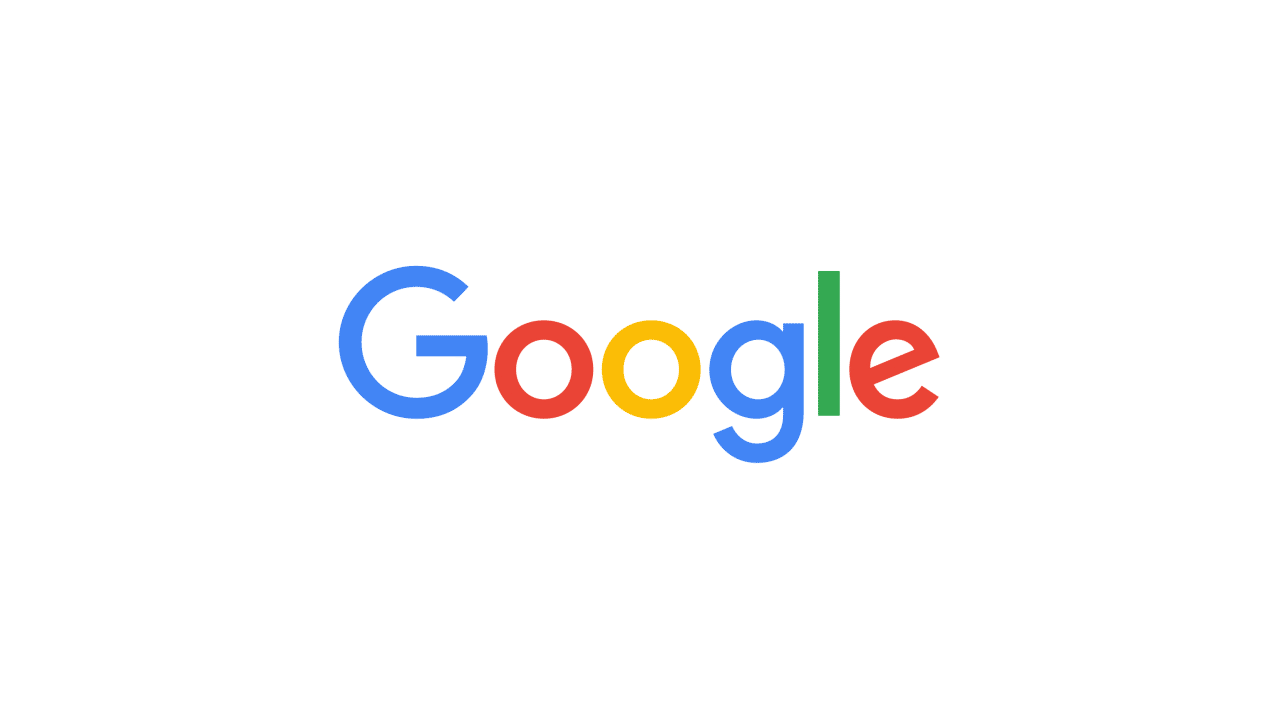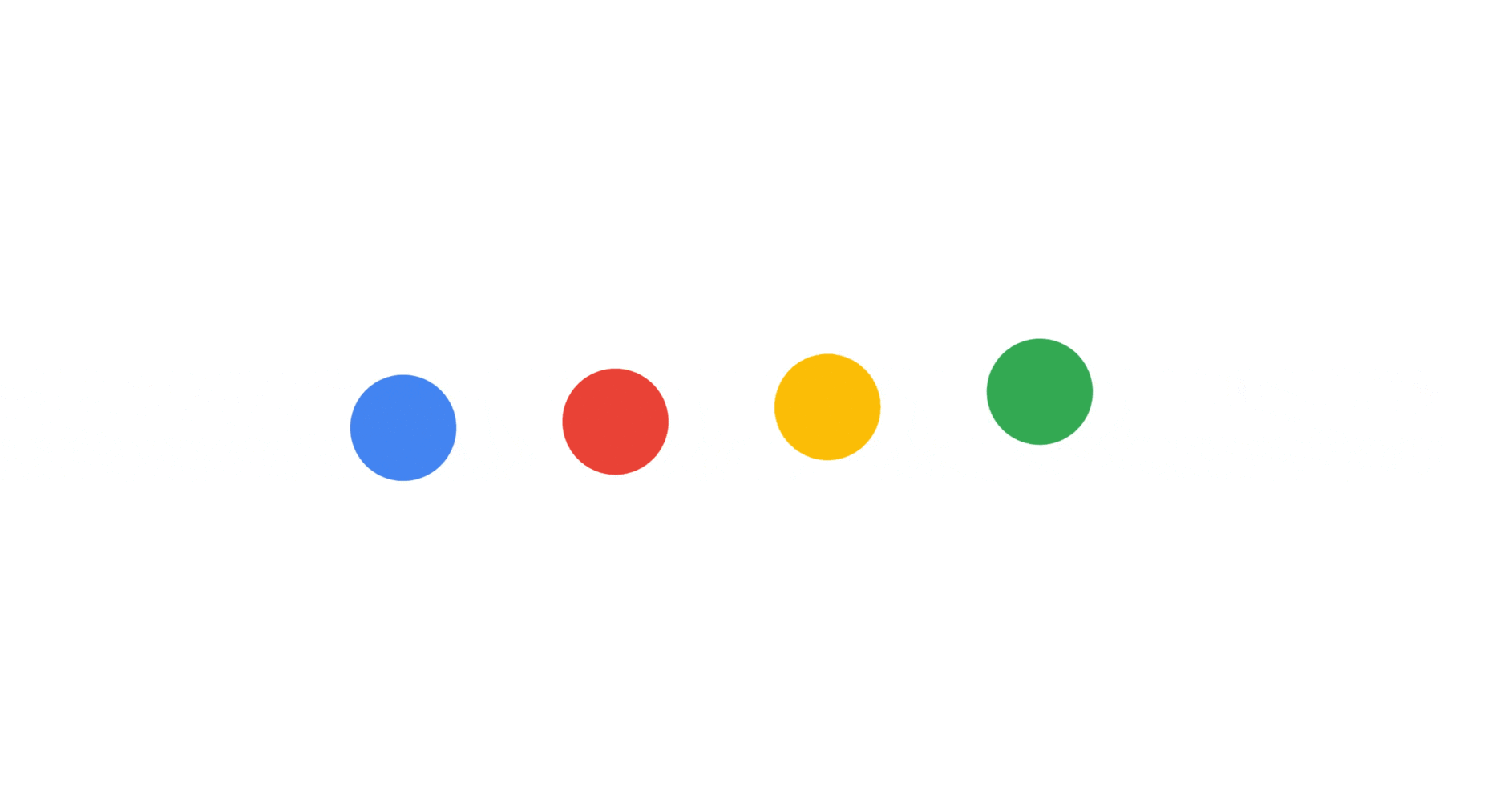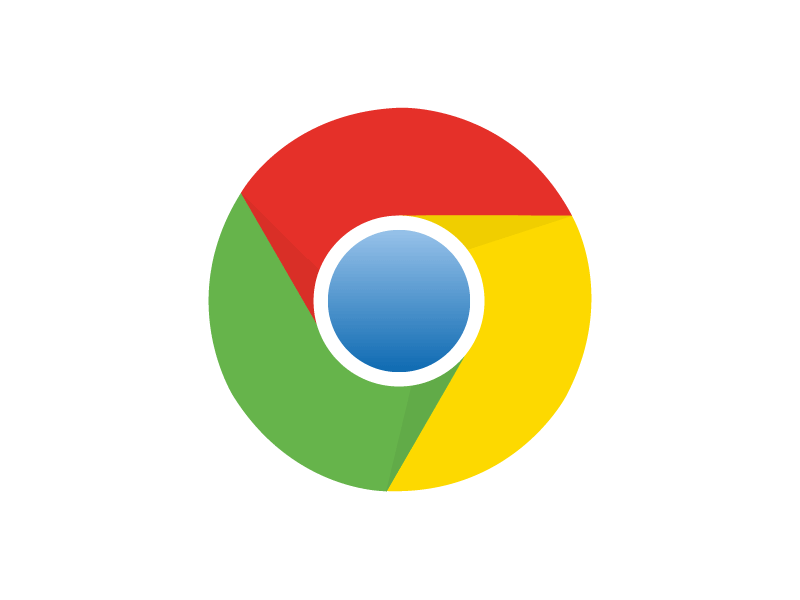
Google’s apparently planning a built-in Chrome Ad-Blocking feature
It’s a block party and we’re all invited.
According to the Wall Street Journal, Google is planning on unveiling an inbuilt ad-blocking feature within its web browser, Chrome.

In a bid to improve the image of online advertising, this inbuilt blocker would target ads deemed intrusive or disruptive by the Coalition for Better Ads, whose members include Google, Facebook, Unilever and Thomson Reuters amongst others.
The aim of the coalition as stated on their site is to “support valuable free content, robust journalism and social connections across the internet” however they understand that consumers are “increasingly frustrated with ads that disrupt their experience, inter-content and slow browsing.” Through research, communication and training they hope to improve ad standards for desktop web and mobile web across Europe and North America.
Towards the end of March, they released a report covering the first phase of their research, involving more than 25,000 consumers, which outlined which mobile and desktop web experience irked customers the most.
On a desktop, Pop-up Ads, Auto-playing Video Ads with Sound, Prestitial Ads with Countdowns were amongst some of the ad types listed as “disruptive” or “annoying” for the consumer to deal with, in addition to also “dissuading them” from consuming content on that particular site.
The list of negative mobile ad formats far exceeded that of desktop, which is understandable considering condensed screen space, data caps & charges, listing formats such as flashing animated ads, ads with a density higher than 30% and full-screen takeovers as ones that were the most offensive.

There is currently speculation around what method Google will employ in actually blocking ads. One theorised way would be to target whole websites on which the obtrusive ads sit, whilst another would be to target the ads themselves on an individual basis.
Whichever way they do decide, it is clear that the issue is at the forefront of their mind, and as it should be considering Google’s Ad revenue accounted for 88% of the revenue for the entire Alphabet Group in Q2, 2016. No doubt this addition will help them maintain their hold on the web browser market if not adding to the 36.75% desktop and 52.76% mobile share it already commands.
Despite Google’s best efforts, some might say the damage is already done. Years of uncomfortable, lazy ad strategies have led to over 615 million devices now using ad blockers, up 30% in 2016 alone. That is 11% of the global internet population.
Others are saying whilst the Coalition is a step in the right direction, it is still not doing enough. There are still formats that haven’t been blacklisted yet, and until that happens they won’t consider dropping their current ad blocker.

Regardless of current public opinion, this is definitely a step in the right direction for consumers, advertisers and content producers. People understand the reciprocal relationship between free content and adverts and are willing to accept that as part of the package so long as they are not being inconvenienced, which is fair enough. When alternatives are aplenty, they will ultimately go where they aren’t being inundated with experience-ruining ads.
Now on the flipside of that, advertisers and those who had already been striving to create better, more relatable ad experiences will hopefully see a benefit. If this turns out to be successful and consumers are happy with the web experiences they are having, more browsers might start working on native inbuilt blockers. This should free up more relevant inventory as more users make themselves available to be reached. By opening up the pool, advertisers will be able to target their audiences more granularly, improving the relevance of the ads themselves and reducing wastage caused by looser targeting settings.
Of course, at this stage all of this is pretty much just speculation. There’s been no official statement from Google, just whispers on the grapevine. Until Google officially announces anything, we’re all in the dark on this. But rest assured, it’s a smart move by Google, so we wouldn’t be surprised if this actually turns out to be a rumour that’s close to the truth.
